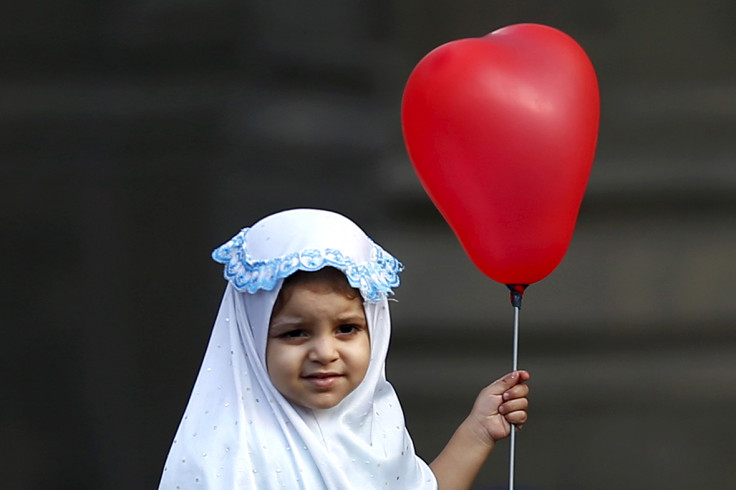Eid al-Fitr 2017: When does Eid start and Ramadan end?
Eid al-Fitr marks the end of Ramadan and is one of the most important festivities in Islam.
Millions of Muslims around the world are preparing to celebrate Eid al-Fitr, which marks the end of the holy month of Ramadan.
During Ramadan, the ninth month in the Islamic calendar, Muslims observe a dawn-to-dusk fast, engaging in spiritual reflections and charitable activities.
Eid al-Fitr, which translates from Arabic as "'festival of the breaking of the fast", usually takes place 29 or 30 days after the start of Ramadan, and its occurrence depends on the sighting of the new moon.
Eid also marks the first day of Shawwal, the tenth month in the Islamic calendar.
Current estimates suggest that this year, Eid will fall on Sunday (25 June) or Monday (26 June).
How do Muslims celebrate Eid?
Eid is an officially holiday in all Muslim countries and is one of the most important festivities in Islam. It is usually celebrated for one, two or three days.
Although celebrations may vary from country to country, Muslims typically wake up early in the morning of Eid for the Salat ul-Fajr, or the pre-dawn prayer. They also attend a special prayer known as "salah".
During Eid, Muslims greet each other with "Eid Mubarak" or "Blessed Eid", and spend time with family and friends, consuming meals together and exchanging presents.
Eid al-Fitr should not be confused with Eid al-Adha, or the "sacrifice Feast", a four-day-long festivity that begins on the 10th day of Dhu al-Hijjah, the twelfth and last month of the Islamic calendar.
It commemorates the prophet Ibrahim's willingness to sarifice his son when God asked him to do so. Eid al-Fitr and Eid al-Adha are the most important holidays in Islam.
This year, Eid al-Adha will be commemorated between 1 and 5 September.

© Copyright IBTimes 2025. All rights reserved.






















